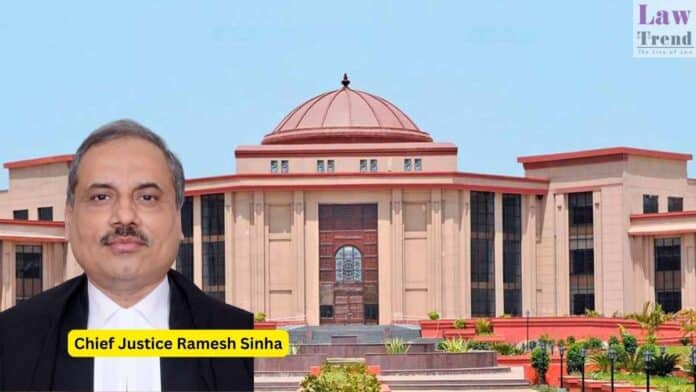The High Court of Chhattisgarh on August 19, 2025, dismissed a criminal appeal filed by a teacher, upholding his conviction under the Protection of Children from Sexual Offences (POCSO) Act, 2012. Chief Justice Ramesh Sinha affirmed the trial court’s decision, holding that the consistent and credible testimonies of the minor victims were sufficient to prove
To Read More Please Subscribe to VIP Membership for Unlimited Access to All the Articles, Download Available Copies of Judgments/Order, Acess to Central/State Bare Acts, Advertisement Free Content, Access to More than 4000 Legal Drafts( Readymade Editable Formats of Suits, Petitions, Writs, Legal Notices, Divorce Petitions, 138 Notices, Bail Applications etc.) in Hindi and English.




